After a Delta flight made an emergency landing in Atlanta in February, a maintenance crew found there was barely any or possibly “no oil visible” in the aircraft’s right engine, the National Transportation Safety Board said in a preliminary report released Wednesday.
Delta Air Lines Flight 876 was bound for South Carolina after it took off from Hartsfield-Jackson Atlanta International Airport on Feb. 24. Not long after the plane was in the air, “possible smoke” started filling the flight deck, the Federal Aviation Administration said at the time.
According to the NTSB’s preliminary report, flight attendants in the front and rear of the aircraft all noticed smoke coming through a door and “coming out of all the vents” on takeoff. They tried to alert the pilots but didn’t initially get a response.
The lead flight attendant, who said the smoke was so thick “that he was unable to see past the first row of seats,” knocked on the cockpit door, the report said. That’s when the pilots also reported seeing smoke rising from the floor at the back of the cockpit and hearing the flight attendants contacting them.
“They donned their oxygen masks and initially delayed responding to the flight attendant calls, as the captain focused on flying the airplane while first officer declared an emergency with air traffic control,” the NTSB report said.
The flight eventually landed safely and nearly 100 passengers were evacuated, the report said.
When maintenance personnel performed an examination of the aircraft following the incident, they found “no oil visible in the sight glass of the right engine reservoir,” which indicated that the oil was empty or nearly empty, according to the NTSB report. The Boeing 717-200 airplane was equipped with Rolls-Royce engines, the report said.
It wasn’t immediately clear whether the right engine oil reservoir was in that state before takeoff, and the NTSB’s investigation is still ongoing.
The preliminary NTSB report was among a number of other reports of ongoing investigations the agency released Wednesday. It comes amid the FAA’s heightened concerns following high-profile incidents, including major delays at Newark International Airport and the deadly midair collision between a Black Hawk helicopter and an American Eagle flight over the Potomac River in January.
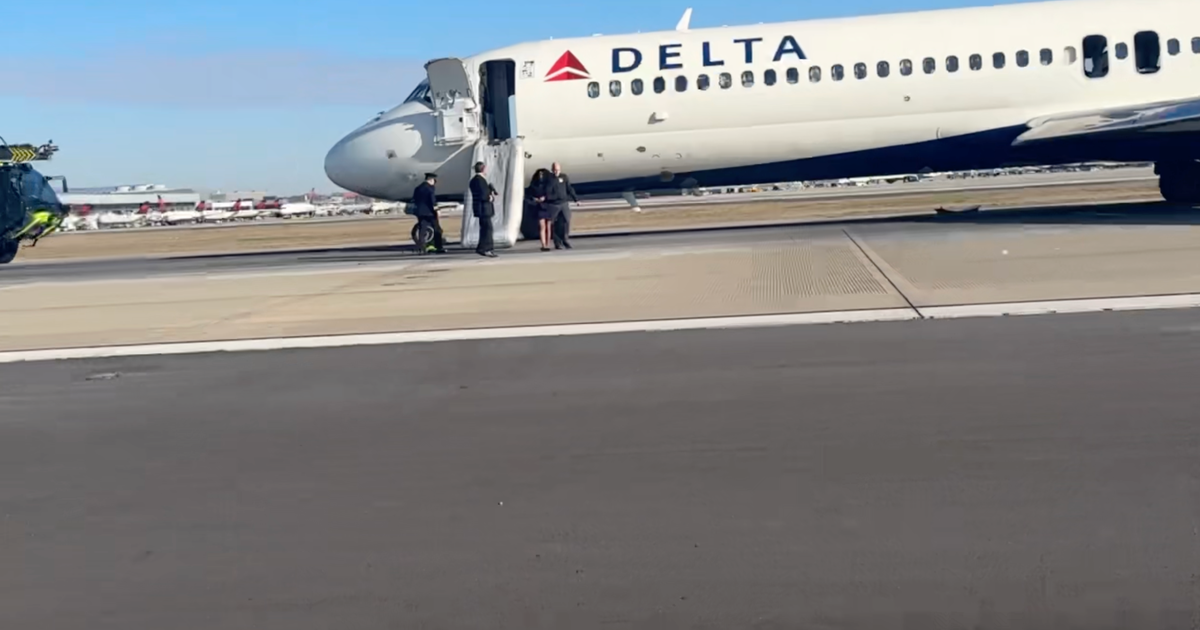

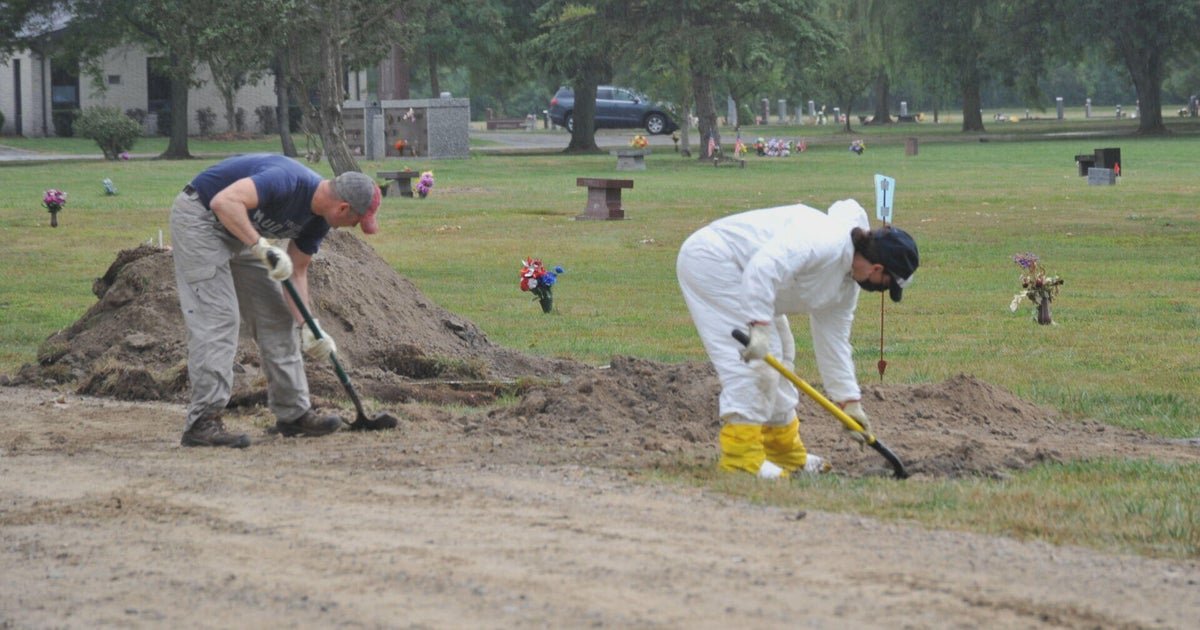

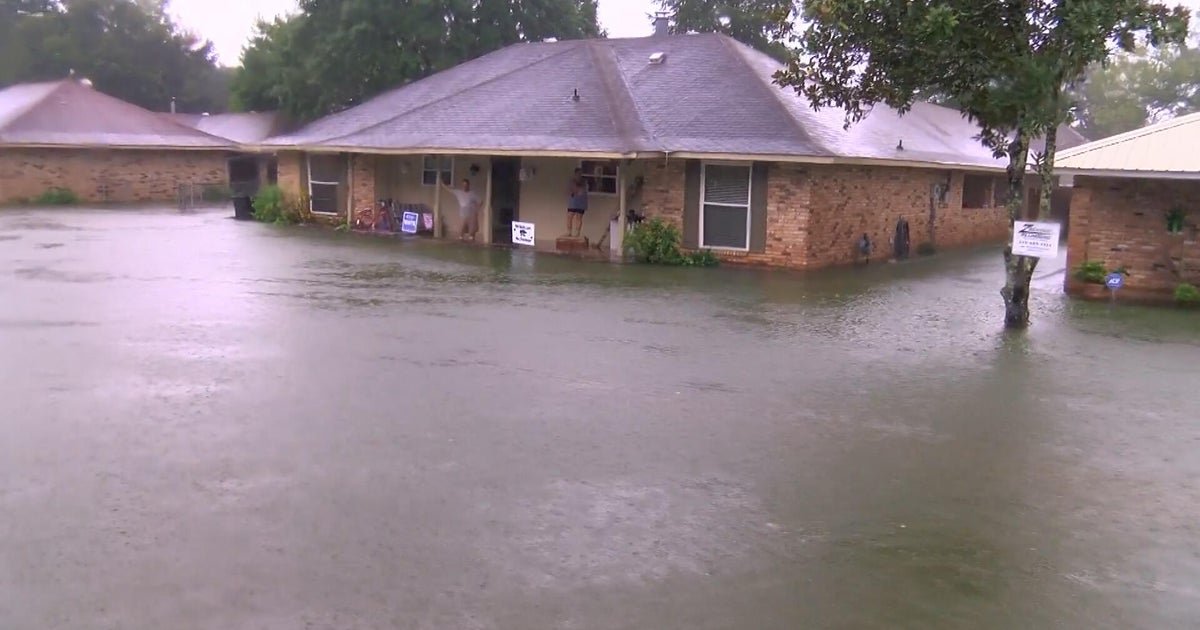
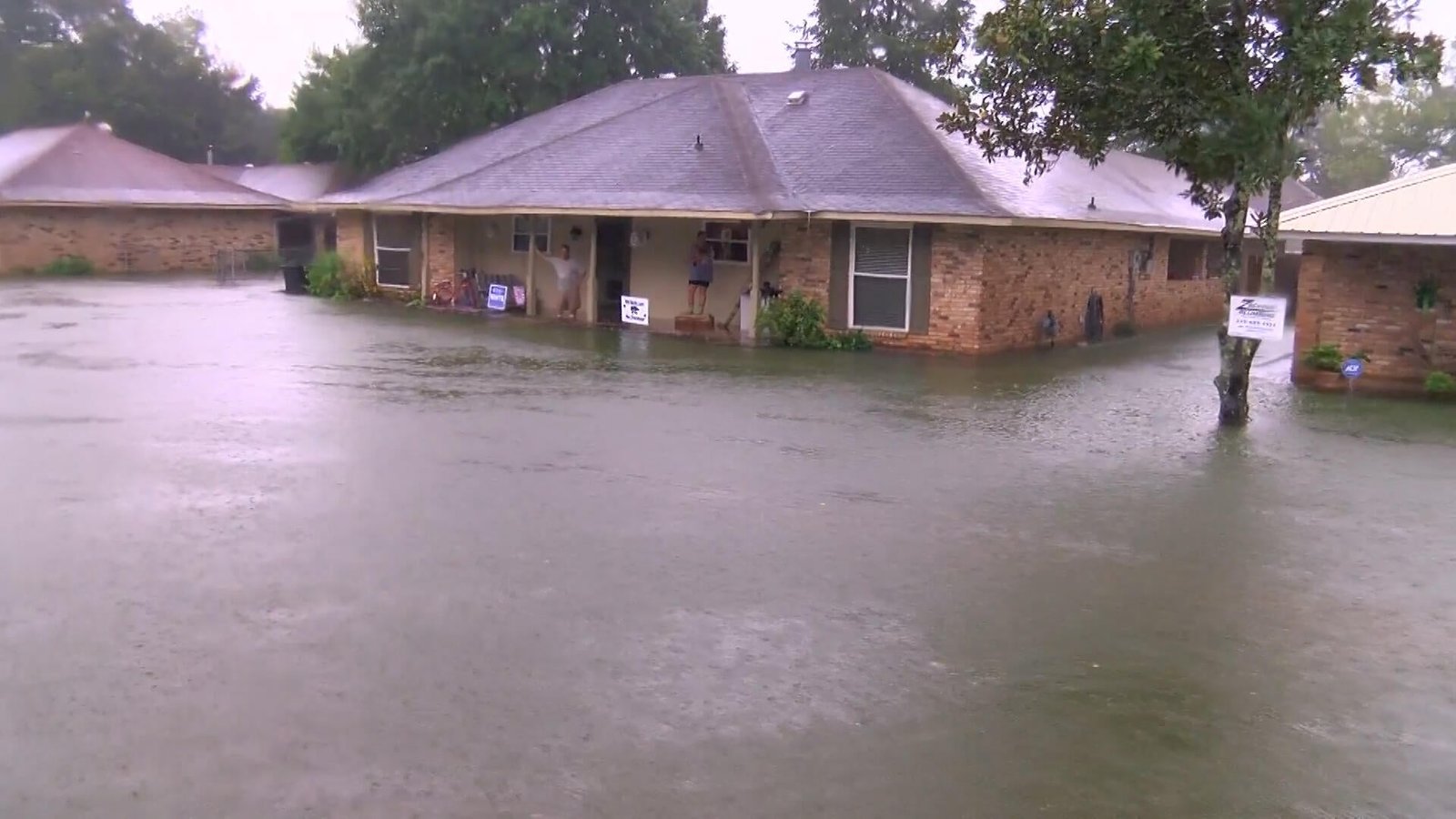

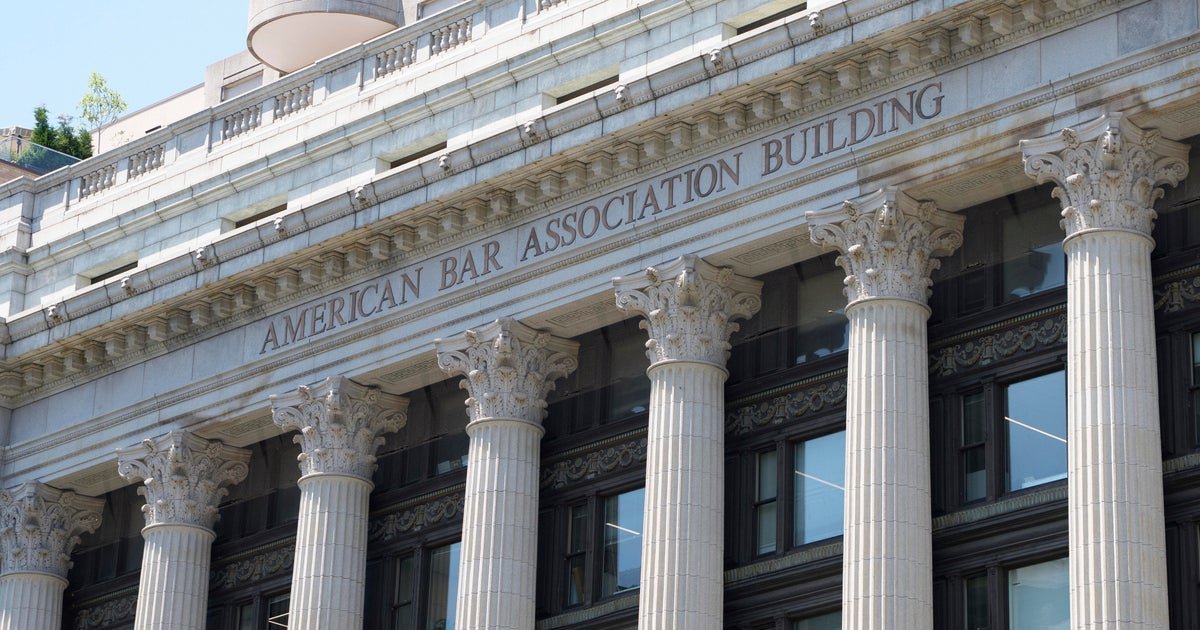
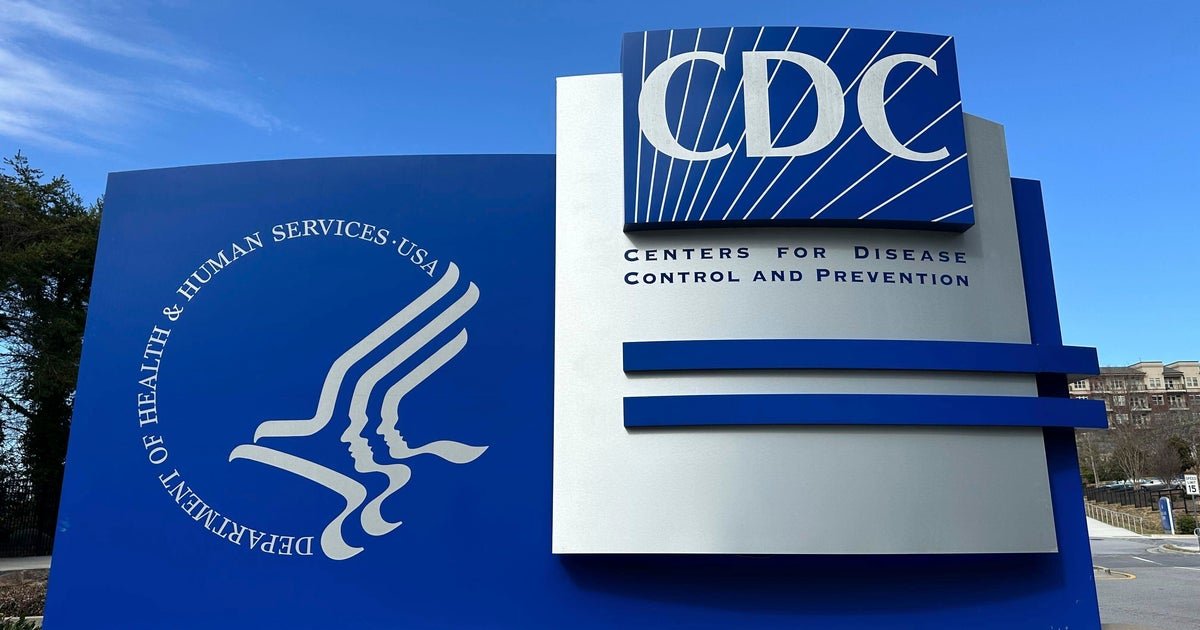






Leave a Reply